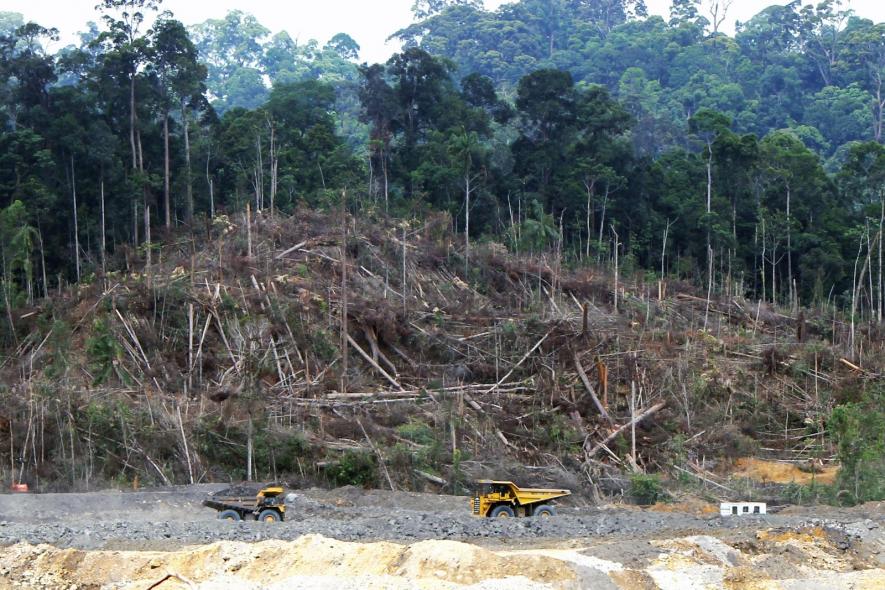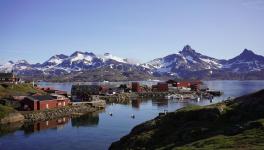Humans Need to Value Nature More than Profit: UN Body

Representational use only. Image source: Wikimedia Commons
There are 50 other ways to value nature and the environment for sustainable lives on earth instead of only considering it as a source of economic growth and profit.
In a review recently published by the UN body Intergovernmental Science-Policy Platform on Biodiversity and Ecosystem Services (IPBES), 82 leading scientists and economists concluded after studying thousands of references, including scientific papers, indigenous knowledge and local information, for four years that humans should value nature more than as a mere source of making profits.
After identifying 79,000 studies on environmental valuation, the researchers found that such studies have been increasing by 10% annually for four decades. Only a few of these studies have been taken up by policymakers. The suggestions and the conclusions implemented or considered for the formulation of policies are too less. The researchers chose 1,163 studies out of the 79,000 for an in-depth review and found that only 5% of them were considered for adopting policies by decision-makers.
Out of the studies considered for review, half of them used biophysical indicators, including numbers of species and quantity of forest biomass. In the rest, 26% used monetary or economic indicators such as the cost involved in pollination carried out by humans or amounts that governments pay to farmers for conserving biodiversity on agricultural land.
Ironically, the researchers found that only a fifth of the studies valued biodiversity in accordance with sociocultural criteria which include studies about the importance of a sacred site to the people along with the value that someone attaches to a place that he or she has grown up. The socio-cultural values are beyond having a numerical value or a price tag.
According to Sander Jacob, a co-author of the study and an ecologist at the Research Institute of Nature and Forest, Brussels, “The value of sacred sites does not need to be turned into dollars and euros.”
The researchers reported that most of the studies did not consider multiple values. On the contrary, the evidence shows that doing so actually leads to better environmental outcomes. Few scientists involved in such studies were found by the IPBES researchers to be involved in consulting or involving the people who live and work in regions of high biodiversity. Only 2% of the studies reviewed were found to have done this—and only 1% involved people in steps from designing a study to publishing it.
“The engagement of stakeholders is mostly basic, including stakeholders as data and information providers,” the review assessment report stated adding, “Policymaking largely disregards the multiple ways in which nature matters to people, especially indigenous people and low-income communities.”
The report cited an example of hydroelectric projects and dam construction where the needs of affected communities are often considered secondary whereas the concerns of urban consumers are primary. If such communities are required to be displaced, then they will suffer livelihood loss and be compelled to change their traditional life habits.
The report was released at the IPBES secretariat in Bonn, Germany, on July 11. Unai Pascual, an economist and a co-chair of the assessment, commented at the release, “There is strong evidence that valuing nature on the basis of market prices is contributing to the present biodiversity crisis. Many other values are ignored in favour of short-term profit and economic growth.”
Get the latest reports & analysis with people's perspective on Protests, movements & deep analytical videos, discussions of the current affairs in your Telegram app. Subscribe to NewsClick's Telegram channel & get Real-Time updates on stories, as they get published on our website.
























